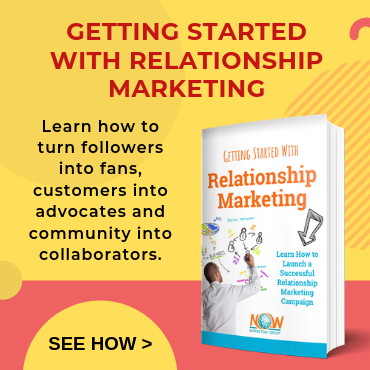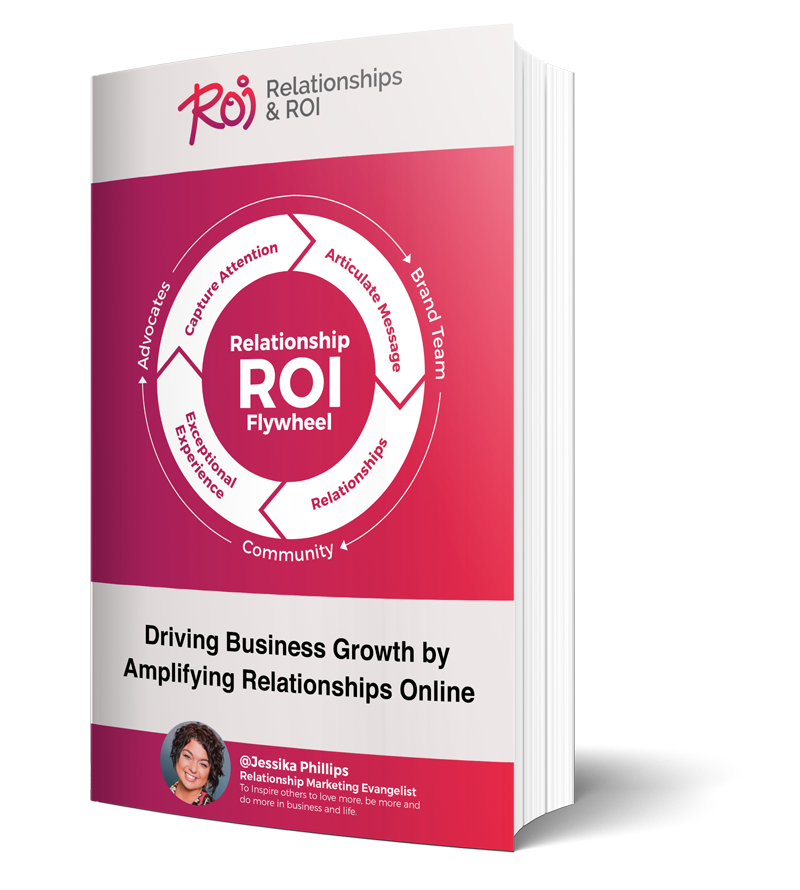NOTE: This blog is the fourth in a series by NOW Marketing Group, Inc. on how to create and evaluate the social media content for your business or a client’s business.
Creating social media content for your business is incredibly beneficial in a million ways. It can also be a lot of fun. Then again, it can also be tough.
Writing two, three or four blogs per month, an adequate amount of Facebook and Twitter posts, something for Instagram and staying on top of Pinterest over the long haul — say a month, six months, a year — can be a daunting task.
In our series, we’ve tried to help you learn ways to constantly generate ideas to stay fresh, creative and engaging. However, this constant cycle of creation, along with diligently watching your platforms, can lead to time crunching, which can lead to cutting corners when it comes to ethical behavior.
Questions begin to arise almost immediately when you really dive into taking responsibility for your company’s social media platforms. Namely, what can get you in trouble?
When creating posts…
First, keep in mind the 10-4-1 rule used in content creation: The 1 refers to a company landing page and the 4 refers to company blogs. The 10 — third-party blogs or posts — is a spot that can get dicey with regard to ethical behavior. Essentially you are sharing other people’s work. How do you do that without getting yourself into trouble?
The key is “sharing” not “stealing.”
If you are using someone’s posts in the correct way, they’re going to be happy because you are getting more eyes on them. Sharing someone’s content on Facebook, linking to a blog, Re-Pinning on Pinterest or Retweeting on Twitter is good. People expect, and even hope, to have their work shared.
But what about grabbing an infographic, or a photo, or a design you’ve found to support a post you’ve written? You didn’t “share” it, you didn’t create it, you swiped it without attribution or linking.
This can get you into trouble, lawsuit-type trouble.
Ideally, you are creating your own designs through tools like Canva. Or you are buying photos off sites like DepositPhotos, or even taking your own. But if you are in a bind, or you found something really great you want to use, be sure you are correctly doing it.
Though giving credit is nice, it’s not the same as receiving permission. If you don’t have the time, money or inclination to track down a source and get permission (though that’s ideal), make sure you are linking.
Although many people will simply take an image and upload it to a post, this is not a good idea, especially if you are doing it as a business. Make sure you are linking back to the original source to give them attribution. Otherwise, though it may go unnoticed with the slew of posts that go out each day, it’s a violation of the law.
When blogging…
Often in blogging, whether you understand your subject or not, you probably are going to have to do research. You may, in fact, have to do a lot. This can lead you into tap-dancing around what is plagiarism and what isn’t.
Be sure that when you research, you’re giving proper attribution, just like you would a college term paper. Include links to other blogs throughout the article. This not only correctly sources material but it also helps your SEO.
Another benefit to you is it helps you become the expert in your audience’s eyes. They know and trust they don’t need to find 15 sources on their own, they can simply come to you as the one-stop shop and get all the info they need because you’ve done the research for them.
Writing content for social media marketing almost seems like the wild west at times, where anything goes. Stealing an image, a post, some text for a blog doesn’t seem like a big deal to people because there’s so much of it going on. However, it can get you into trouble. Protect yourself by using proper attribution, linking and good etiquette and you’ll be able to sleep well at night knowing a lawyer isn’t calling you in the morning.
Of course, if you really want to keep yourself cranking out great content, and doing it safely, the best advice we can give you is to contact someone who can professionally handle managing your accounts and knows the ropes. We would love to discuss the ways we can help your business succeed. At NOW Marketing Group, our account managers understand how to make good, consistent content for a variety of businesses. If you’re interested in a custom marketing plan for your business? We are ready to help. Give us a call: 877-380-6698




Comments